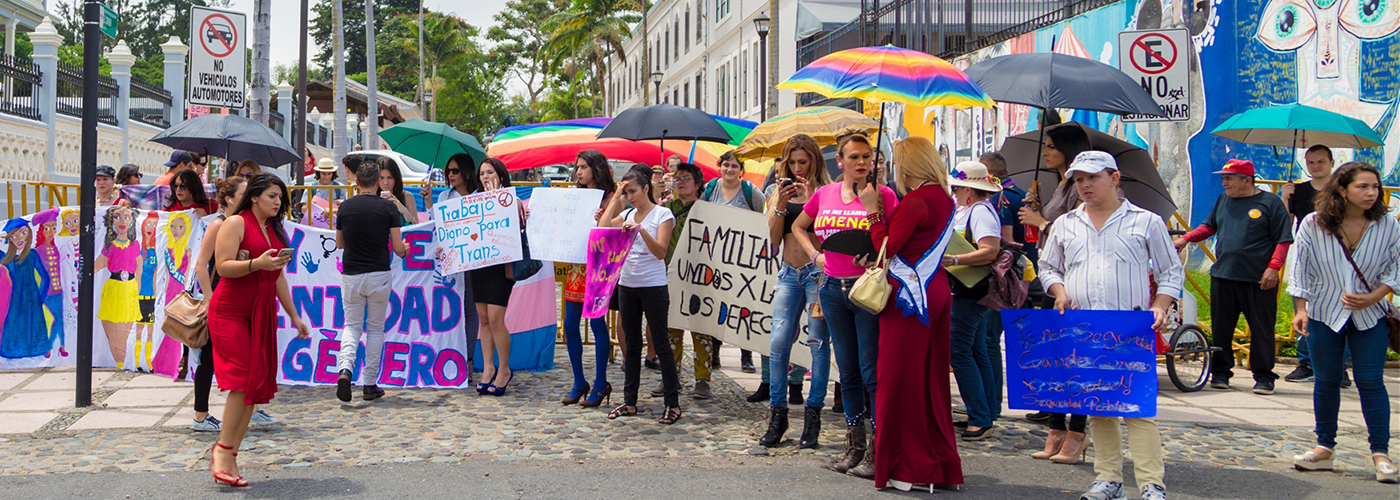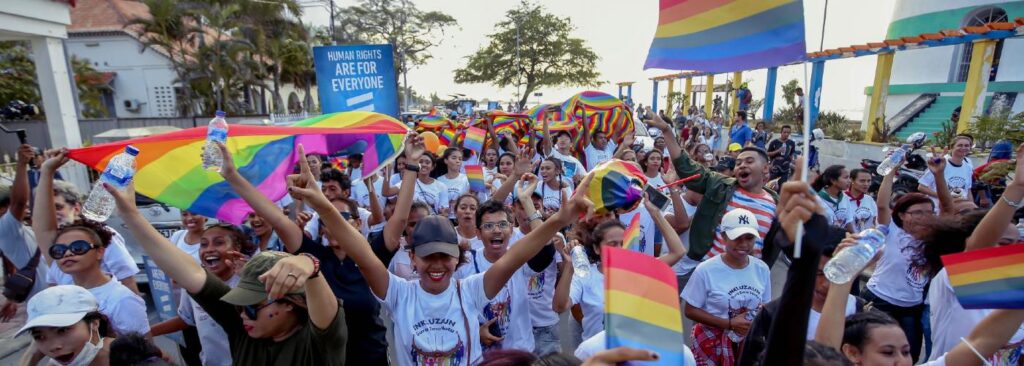This program has ended
The Right Here Right Now program aims to allow young people – including young LGBTI+ persons – to live their lives without discrimination and improve their access to comprehensive sex education and youth-friendly sexual and reproductive health and rights (SRHR) services.
Where
Hivos focus areas: Bolivia, Honduras, Kenya, Uganda, the Caribbean region and Zimbabwe, and occasional support to the platforms of Pakistan, Bangladesh and Nepal
Why
In many countries, young people experience their sexuality in a context of stigma, discrimination and violence, especially young women and LGBTI+ persons, and being homosexual is punishable by law. This is compounded by the growing influence of conservative forces that oppose young people’s rights to make their own informed choices about sex, sexuality and relationships. Their lack of access to correct and comprehensive sexuality education and services has serious consequences, from adolescent girls dying during childbirth to children infected by HIV.
How
The approach adopted by the Rutgers-led consortium Right Here Right Now reflects that of Hivos: linking parties who want to be part of a solution and providing them with a platform. The program supports national platforms that do not shy away from addressing sensitive issues such as safe abortion and sexual orientation. In each platform, women’s, youth and LGBTI+ organizations establish a joint agenda for (sub)national, regional and international advocacy that targets critical issues related to sexuality and sexual and reproductive health and rights. They also connect hundreds of community-based organizations to local and national governments.
Changing hearts and minds
To counter the influence of conservative forces on public opinion smarter and more effective campaigns have to be developed that are aimed at ordinary people – not just policy makers, politicians and judges. To provide insight and inspire activists around the world, the RHRN program gathered successful SOGIESC campaigns.
Below we share the work that organizations have undertaken in Poland, Costa Rica, Ukraine, Nepal and Zimbabwe, and across Southern Africa. Activists share why and how they developed their campaigns: what worked and what didn’t.




